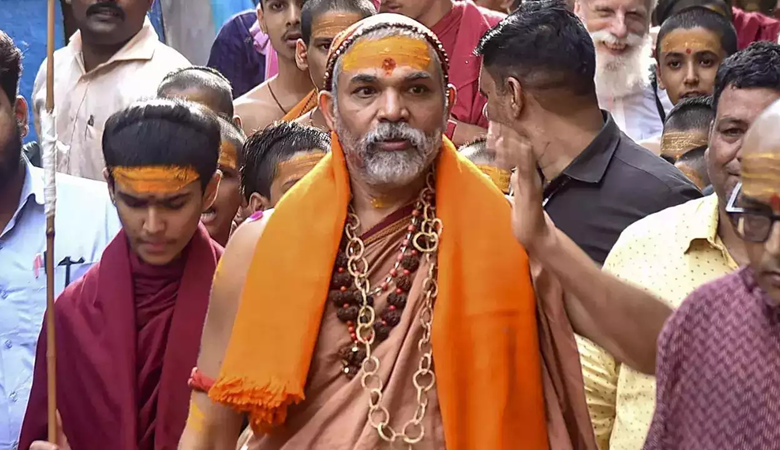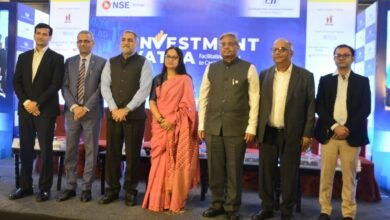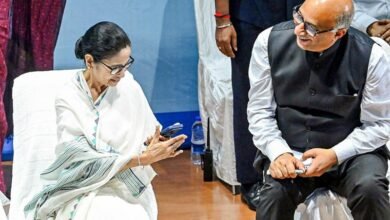Shankaracharya Files Defamation Suit Against Govindananda Saraswati: Delhi HC Weighs In

News Mania Desk/Agnibeena Ghosh/13th August 2024
In a recent legal dispute that has garnered significant attention, Shankaracharya Avimukteshwaranand Saraswati has taken legal action against Govindananda Saraswati, filing a defamation suit in response to allegations that he is a “fake baba” with alleged political backing from the Congress party. The Delhi High Court, under the leadership of Justice Navin Chawla, addressed the matter on Tuesday, emphasizing the importance of integrity and actions over legal battles in maintaining a saint’s reputation.
The defamation suit stems from a series of statements made by Govindananda Saraswati, who publicly accused Avimukteshwaranand of being a “farzi baba,” “dhongi baba,” and “chor baba,” terms that translate to “fake,” “fraudulent,” and “thief,” respectively. These accusations have not only questioned the Shankaracharya’s spiritual legitimacy but also suggested his involvement in criminal activities, including kidnapping, theft, and inappropriate relationships. Govindananda even went as far as to claim that Avimukteshwaranand was a history-sheeter with ties to serious criminal acts.
The counsel representing Avimukteshwaranand Saraswati argued that these statements were not only defamatory but also deeply damaging to his reputation as a respected religious figure. They clarified that despite Govindananda’s claims, the only legal case against Avimukteshwaranand was filed during the Akhilesh Yadav government and was subsequently withdrawn under the administration of Yogi Adityanath. This clarification was meant to debunk the criminal allegations that had been leveled against him.
Justice Navin Chawla, while hearing the case, offered a perspective that focused on the moral and ethical responsibilities of religious leaders. He suggested that saints, by virtue of their position, should not be overly concerned with defamation claims, as their respect and reputation are derived from their actions and character, not from legal victories. “Saints should not worry about defamation,” Justice Chawla remarked, implying that true respect cannot be tarnished by baseless accusations. His comments underscore a broader principle that the dignity of spiritual leaders comes from their deeds rather than their titles.
Despite this philosophical stance, the court did not dismiss the legal aspects of the case. At the conclusion of the hearing, the Delhi High Court issued a notice regarding the interim injunction application and scheduled the next hearing for August 29. This notice indicates that the court is still considering the merits of the case and the potential need for a temporary order to prevent further defamatory statements while the case is ongoing.
The ongoing feud between these two prominent religious figures has sparked a broader conversation about the role of legal action in resolving disputes within the spiritual community. The allegations made by Govindananda Saraswati, which include sensational claims of criminal behavior, have undoubtedly caused a stir, not only among followers but also within the broader public.
As the case progresses, the focus will likely remain on the balance between upholding one’s reputation and adhering to the higher ethical standards expected of spiritual leaders. The Delhi High Court’s involvement adds a layer of legal scrutiny to what is already a highly charged situation, and the outcome of this case may set a precedent for how similar disputes are handled in the future.






